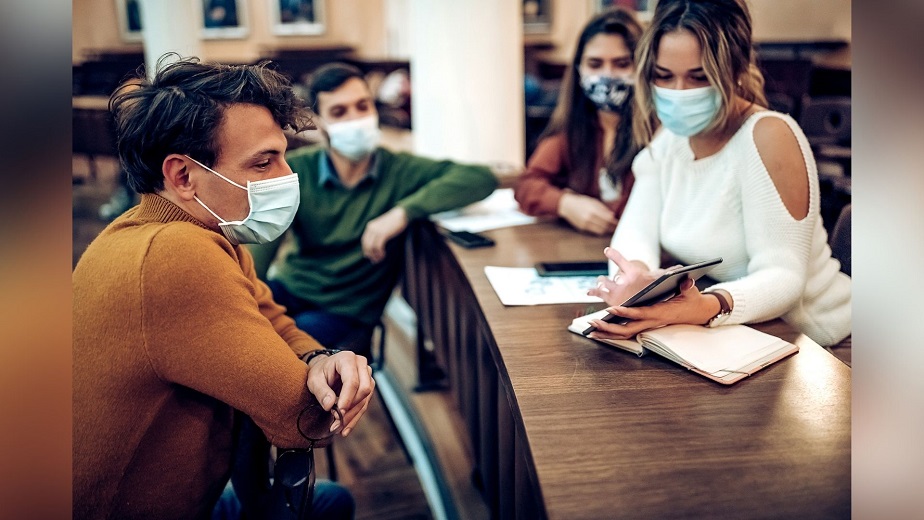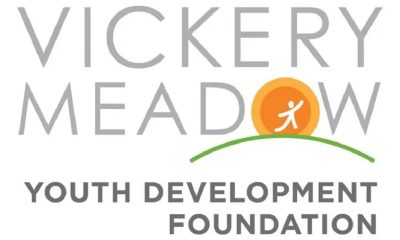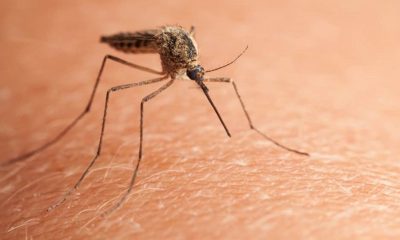Local News
Indoor mask requirements to be eased in Contra Costa County soon
Contra Costa, California – Contra Costa County may soon ease indoor mask requirements in certain limited and specific situations where everyone is completely vaccinated, similar to what Marin County and San Francisco have done.
Beginning Nov. 1, masks will no longer be needed in “controlled places not available to the general public” with groups of 100 individuals or less, according to the county. Offices, gyms, employee commuter cars, college classrooms, and religious meetings are all examples of eligible situations.
The amended health order requires that participating businesses or organizations confirm full vaccination status prior to allowing entry without face coverings. However, the revised order does yet not change indoor masking rules in K-12 school settings and public spaces like bars, restaurants and retail stores.
Dr. Chris Farnitano, the county’s health officer, said in Thursday’s media release:
“We’re in a safer place than we were two months ago. My hope is that two months from now vaccinated people won’t have to wear masks in other places like restaurants, bars and retail stores. The way we get there is for those who remain unvaccinated to get immunized.”
Farnitano has previously said he’d like to see the broad mask mandate lifted by the year’s end if the county increases the vaccination rate and continues to see a decline in cases.
As of Thursday, more than 82 percent of the county’s eligible population — residents aged 12 and older — have been fully vaccinated, which represents nearly 72 percent of the total population.
Contra Costa County experienced a summer spike in Covid-19 cases, hospitalizations and deaths as a result of the Delta variant and relaxed health orders. Contra Costa Health Services reported 66 deaths in September and another 67 in the prior month. At the peak of the summer spike, the county reached a seven-day average of 220 hospitalized Covid patients — as of Thursday, that average is down to 70.
The county is still recording substantial virus transmission, according to the U.S. Centers for Disease Control and Prevention.






















